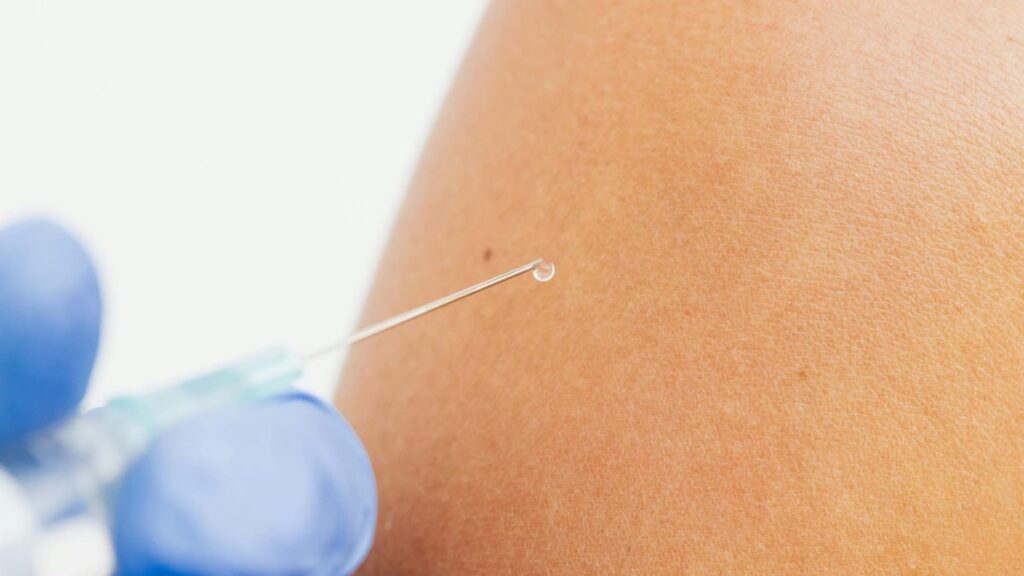When was the last time you had your blood sugar checked? A growing body of research suggests many people may be living with diabetes without knowing it. Globally, an estimated 44% of individuals aged 15 and older who have diabetes are undiagnosed, meaning they are unaware of their condition.
The majority of these cases involve type 2 diabetes, the form most commonly linked to lifestyle factors such as diet, weight, and physical activity. Despite advancements in healthcare, undiagnosed diabetes remains a widespread issue, affecting millions of people across both high- and low-income nations.
Overall, about one in nine adults worldwide live with diabetes, yet only 56% of them know they have it. Awareness and diagnosis rates vary significantly by region, with wealthier countries generally faring better in identifying the condition compared to low- and middle-income regions.
One particularly concerning trend is seen in younger people. Among adults under 35, only around 20% of those with diabetes know they have it. This age group is less likely to undergo routine screenings, which are typically promoted for adults aged 35 and above. As a result, many young people go undiagnosed until the disease progresses to more advanced stages.
Diabetes can silently damage the body for years before symptoms become severe enough to prompt medical attention. In many cases, diagnosis occurs only once complications such as heart disease, kidney failure, nerve damage, or vision loss have already begun to develop.
Detecting the condition early makes a significant difference. With timely diagnosis and management, it is possible to prevent or delay long-term health consequences. Regular screenings, especially for people with risk factors such as obesity, family history of diabetes, or sedentary lifestyles, play a crucial role in reducing the number of undiagnosed cases.
The findings highlight a global health challenge: raising awareness, encouraging early screening, and ensuring access to diagnostic services. For younger adults in particular, improving early detection could change the trajectory of their long-term health and help reduce the burden of diabetes-related complications worldwide.

